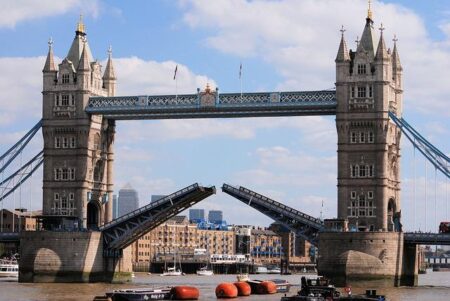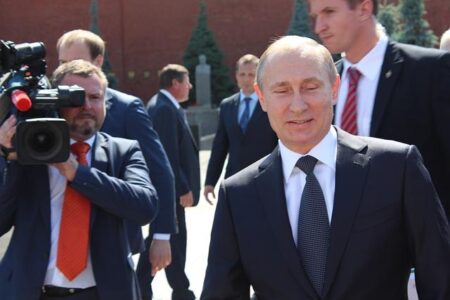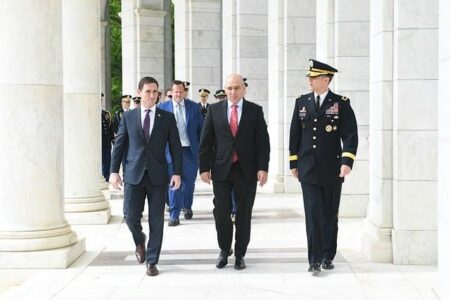Britain has emerged as a leading advocate for strengthening European support for Ukraine amid ongoing tensions with Russia. As discussions intensify, UK officials emphasize the need for coordinated military and humanitarian aid to bolster Ukraine’s resilience and stability.
Browsing: Atlantic Council
The United States’ designation of the Houthi group as a terrorist organization highlights a strategic shift in Russia’s engagement in Yemen. This move complicates regional dynamics and reflects broader geopolitical interests amid ongoing conflicts.
China’s diplomatic engagement in the Middle East is often perceived as a presence without substantial impact. While Beijing seeks to enhance its influence, regional players question the depth of its commitments amid evolving geopolitical dynamics.
Ukraine’s agreement to Donald Trump’s ceasefire proposal places significant pressure on President Putin to respond. Analysts suggest this development could shift negotiations and redefine the dynamics of the ongoing conflict in Eastern Europe.
According to the Atlantic Council, Europe possesses the necessary resources to reinforce its defense capabilities while supporting Ukraine in its ongoing conflict with Russia. This strategic assertion highlights Europe’s potential to bolster regional security and deter aggression.
Javier Milei’s recent visit to Washington underscores his commitment to promoting freer trade between the U.S. and Argentina. Such a shift could enhance economic ties, boost exports, and foster investment, potentially benefiting both nations’ economies.
As Germany’s political landscape shifts rightward, experts from the Atlantic Council analyze the implications of the recent election results. They delve into how this trend could reshape Germany’s domestic policies and its role in the European Union.







